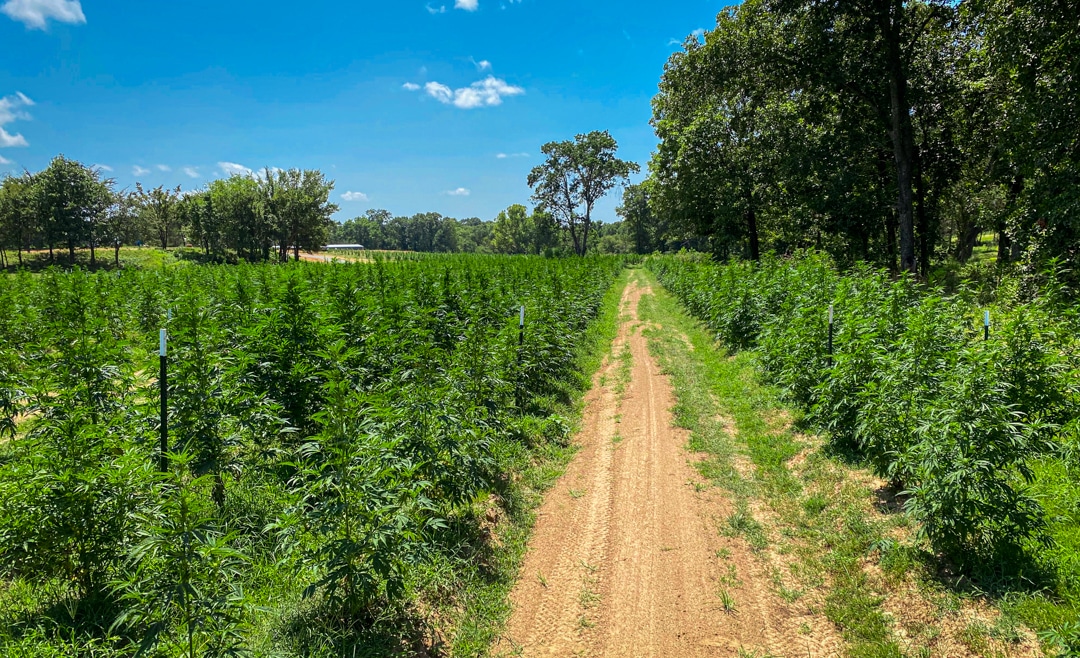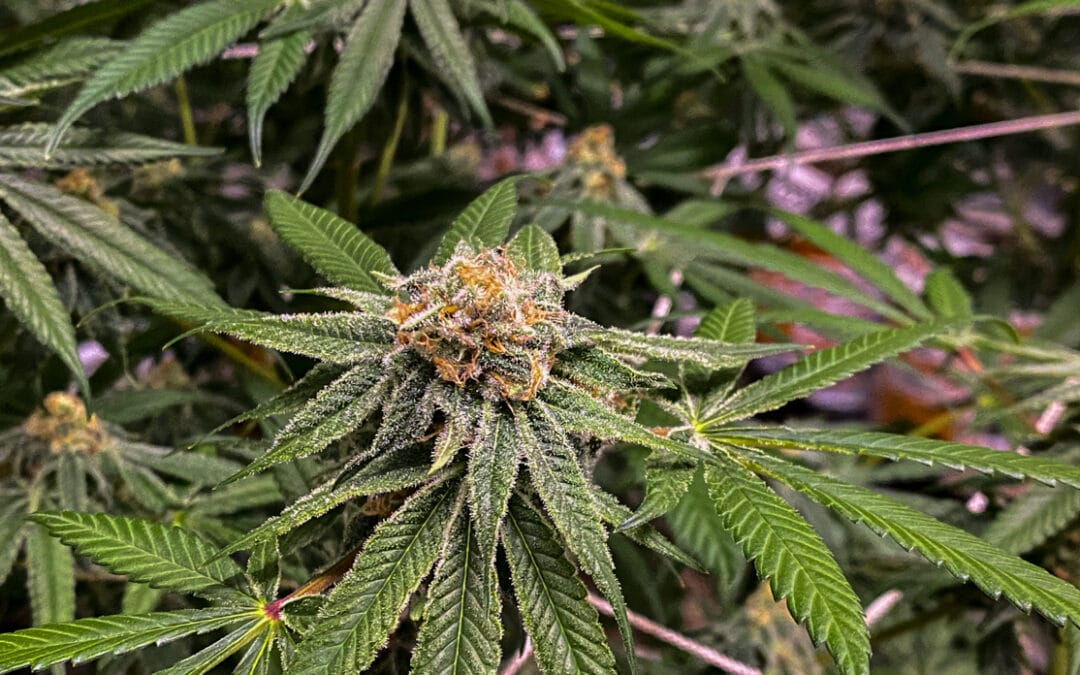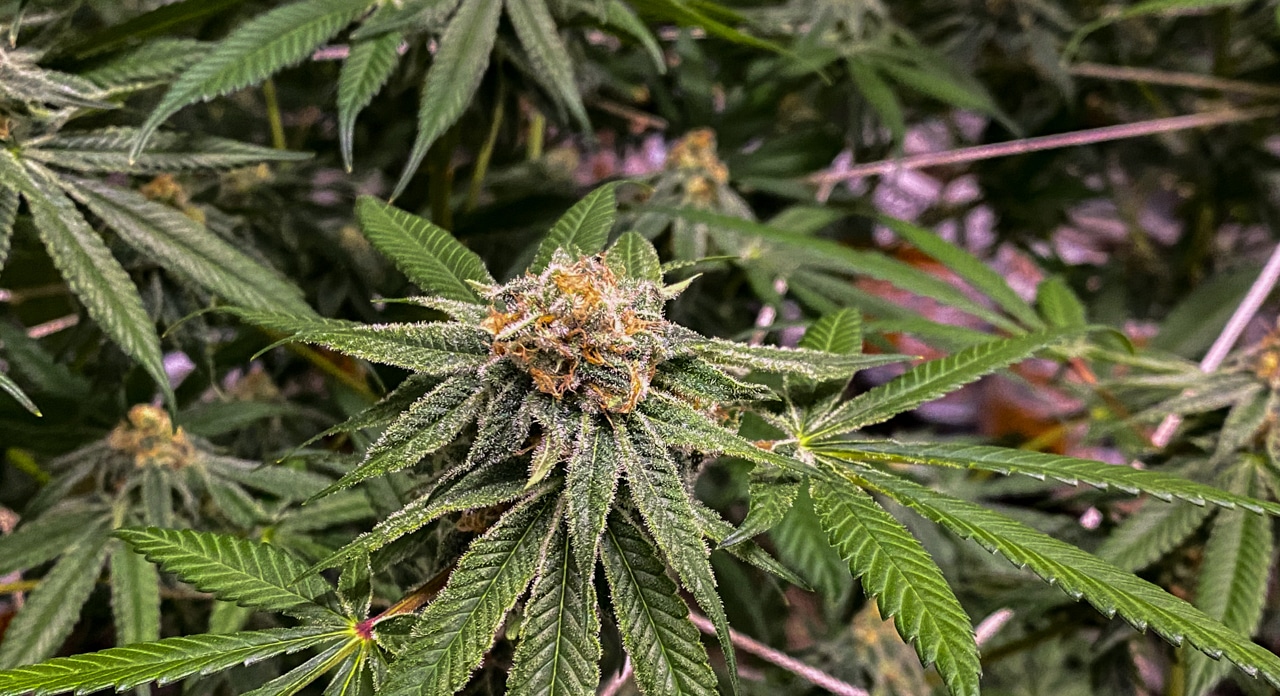
OMMA halting cannabis business applications until 2024

In an effort to contain the massive medical cannabis marketplace in Oklahoma, the OMMA has said it will stop processing applications for new growers, processors and retailers for up to two years.
HB 3208 includes a moratorium beginning on Aug. 1, 2022 in which OMMA will halt all application considerations. It is set to end on Aug. 1, 2024.
“All of our current grower, dispensary and processor licensees who stay in compliance with our rules should know HB 3208 doesn’t change anything for them – owners of current licenses will still be able to apply for renewal when it’s time,” said OMMA Executive Director Adria Berry. “OMMA stands ready to implement HB 3208 by incorporating it into our rules during the rulemaking process, fulfilling the regulatory duties entrusted in us by Gov. Stitt, the Legislature and every Oklahoman.”
Current growers, processors and retailers will not be impacted by this change, and OMMA will still accept applications until 11:59 PM on Aug. 1. However any operator that allows their license to expire after the moratorium begins will not be able to reapply for a new license.









